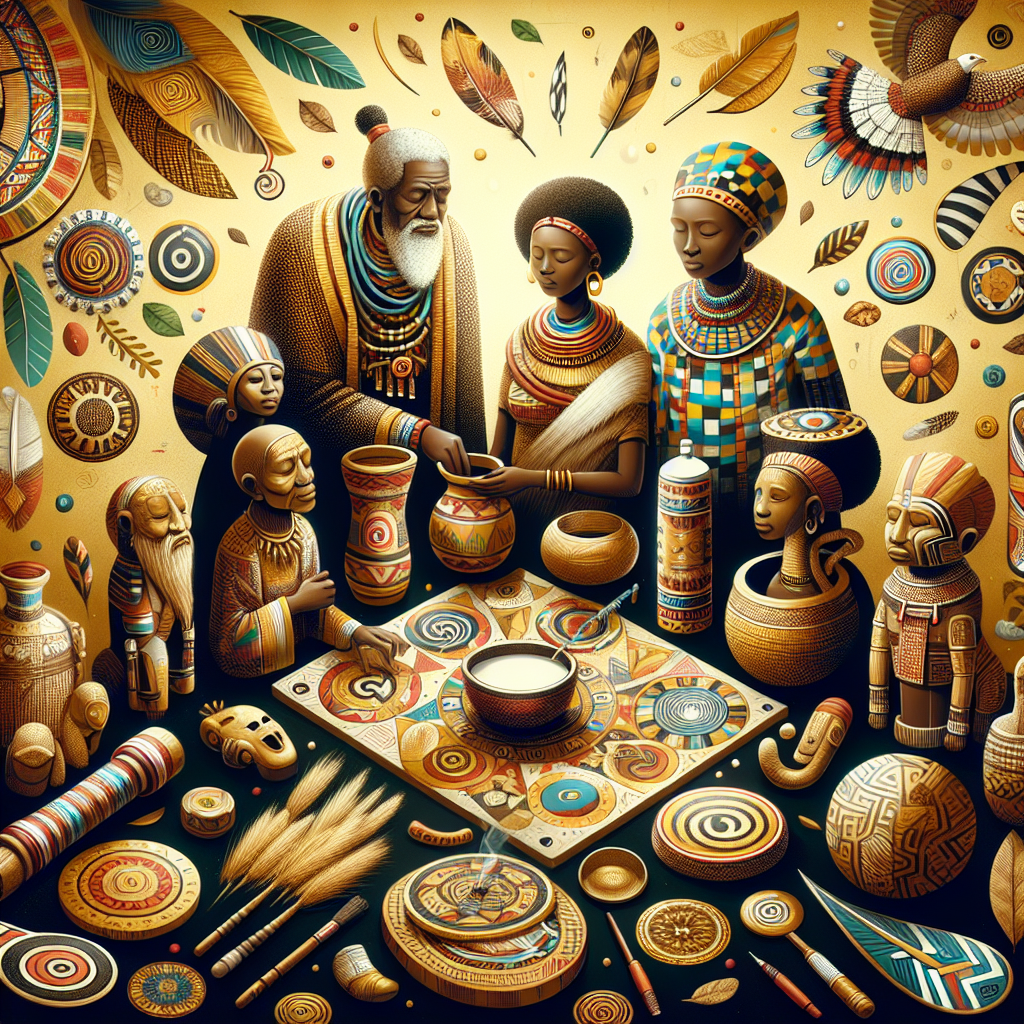Africa is a continent rich in cultural diversity, with a long history of vibrant traditions and rituals passed down through generations. One of the key aspects of African society is the honoring of ancestral wisdom, which plays a crucial role in shaping the values, beliefs, and practices of communities across the continent.
Ancestral wisdom is the collective knowledge and experience accumulated by past generations, passed down to guide and inspire the present and future generations. In African societies, ancestors are believed to be actively involved in the lives of their descendants, providing protection, guidance, and blessings. As such, honoring ancestral wisdom is a way of acknowledging and showing respect for the wisdom and guidance of those who came before.
Traditionally, ancestral wisdom is transmitted through oral narratives, storytelling, rituals, and ceremonies. Elders play a crucial role in preserving and passing on this wisdom, serving as the custodians of tradition and the link between the past, present, and future. Through storytelling and rituals, ancestral knowledge is shared, celebrated, and kept alive within the community.
One of the key ways in which ancestral wisdom is honored in African societies is through rituals and ceremonies. These may include rites of passage, ancestral veneration ceremonies, and cultural festivals that celebrate the heritage and traditions of the community. These rituals serve not only to honor the ancestors but also to strengthen the bonds within the community, instill a sense of identity and pride, and provide a framework for social cohesion and harmony.
Another important aspect of honoring ancestral wisdom in African society is the recognition of the interconnectedness of all living beings and the environment. Ancestral wisdom often emphasizes the importance of living in harmony with nature, and the belief that all beings are interconnected and interdependent. This ecological perspective is reflected in traditional practices such as agriculture, hunting, and healing, which are often informed by a deep understanding of the natural world and the ways in which humans can live in harmony with it.
In modern African societies, the role of ancestral wisdom remains relevant and important, even as the continent undergoes rapid social, economic, and political change. As communities grapple with the challenges of modern life, including urbanization, globalization, and environmental degradation, the wisdom of the ancestors offers a source of strength, guidance, and resilience.
In conclusion, honoring ancestral wisdom plays a vital role in African societies, providing a framework for cultural continuity, social cohesion, and connection to the past. By preserving and passing on the traditions of the ancestors, African communities can draw on the wisdom of the past to navigate the challenges of the present and build a better future for generations to come.

Leave a Reply